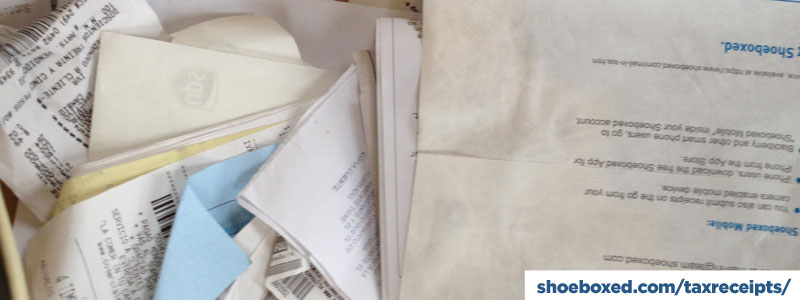Good Records: What Are They and Why Are They Important?
Why You Should Keep Records
Your best line of defense against an audit is to maintain good records to back up your business deductions. If you develop good record-keeping habits and follow them consistently, you will not only avoid trouble with Uncle Sam, but you will save a ton of money on taxes by taking every deduction you can.
What Does Good Record Look Like?
A good record is one that contains all the correct information to substantiate a business deduction. In the case of a credit card transaction, a receipt with the vendor’s name, date, amount and payment method will suffice. The IRS does not require records to be in a specific form, but it specifically authorizes taxpayers to maintain electronic records.
How to Keep Good Records
As a general rule, you must keep tax records for as long as there is a possibility the IRS might audit you. The IRS generally has three years after a tax return is filed to audit a return. But, there are a few situations in which there is no time limit, including if the return is false or fraudulent or if no return is filed. But, the bottom-line is that you should keep your expense records for at least three years from the date you filed the return.
Keeping copies of every receipt for every expense in your business for at least three years may sound overwhelming and may conjure images of massive piles of paper.
The Simple Expense Tracking System
That’s why we developed the Simple Expense Tracking System. This system is easy to implement, easy to maintain, and it will put more money in your pocket and keep Uncle Sam off your Back.
You will receive a step-by-step guide to implementing the system and immediately-actionable tips to ensure that one of your critical business building blocks is in place.
With the Tax Receipts Simple Expense Tracking System on your side, you can save thousands of dollars in taxes, avoid countless hours of frustration, and give yourself greater peace of mind all year long.
